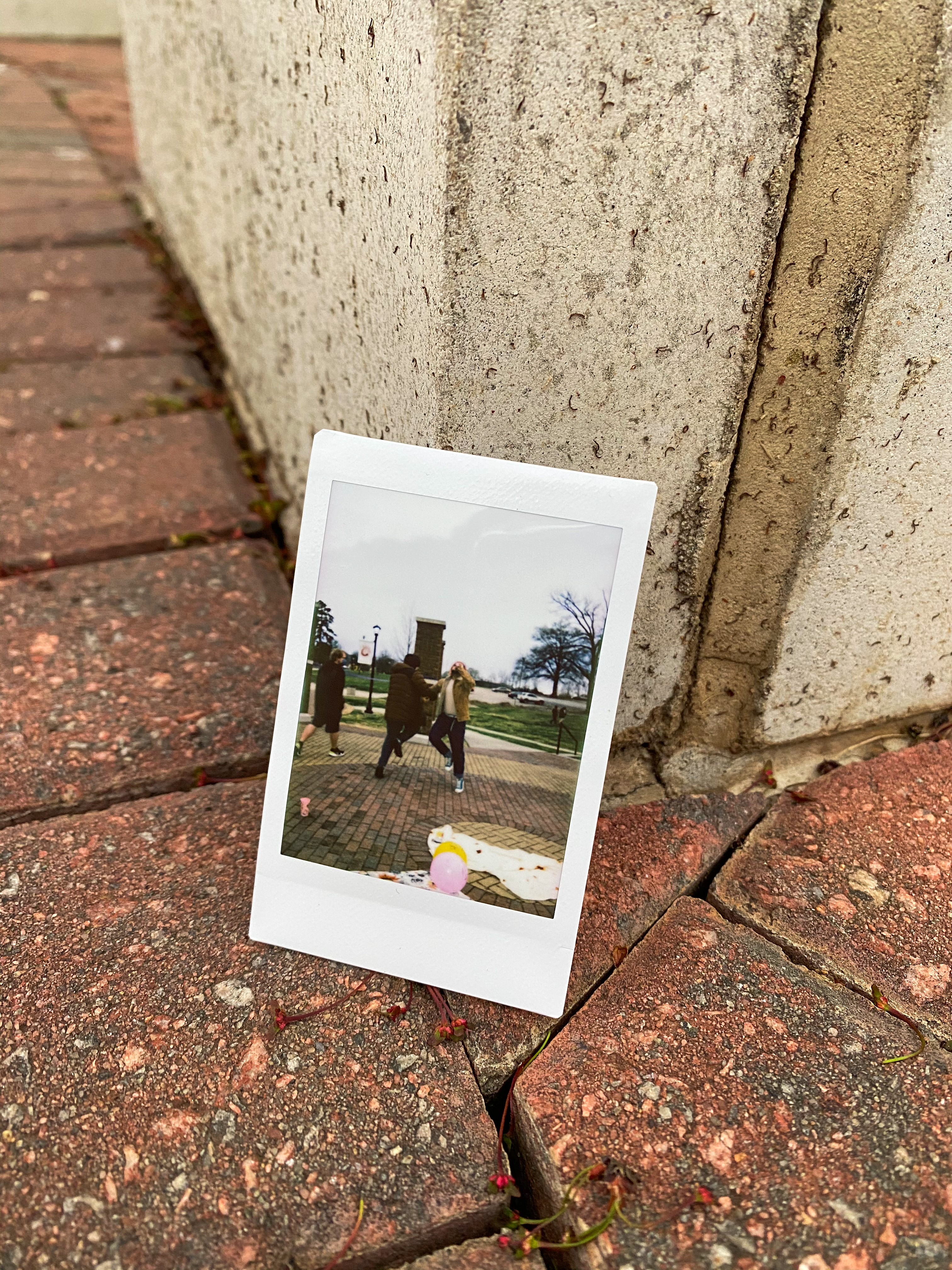In this era of increasing diversity, the topic of being “politically correct” has become a buzzword in modern politics.
Many politicians and civilians alike have ridiculed what they refer to as “liberal snowflakes” for making an effort to respect others’ identities. Being politically correct has turned into more of a punchline for conservatives than an ideal to uphold.
However, it is not as liberal or progressive as some may think — it is literally just showing respect.
Britannica defines political correctness as “giving the least amount of offense, especially when describing groups identified by external markers such as race, gender, culture, or sexual orientation.”
The encyclopedia goes on to exemplify political correctness as taking care not to exhibit harmful or negative behaviors towards groups who have faced marginalization.
Being “politically correct” has become a straw man argument for those who disagree. Respecting everyone’s identities, their argument insists, will inevitably lead to the collapse of “traditional values” and “the American way.”
But what exactly are these values?
As Britannica states, marginalization plays a large role in what is deemed as “politically correct.” By using slurs instead of proper racial and ethnic identifiers, people of a different race are telling these groups that they would rather deliberately make the choice to use hate speech than to use correct identifiers.
When the LGBTQ+ community is referred to as slurs or being “inherently predatory,” these commenters are admitting that they would rather continue an uneducated narrative instead of taking the time to educate themselves.
The “traditional values” that are apparently being harmed are ideals based on a point in the United States’s history where marginalization was publicly supported. Many conservative arguments (recent examples include RebelHQ, a news source that has publicly supported many “progressive” movements, interviewing participants at Trump rallies) use the 1950s as an example of “the American way.”
The 50s was one of the least morally sound decades in American history. Hundreds of Americans of color were lynched based on their skin color, women were the target of deliberately sexist advertisements and queer-identifying Americans were the punchline of countless jokes and blitz attacks.
By respecting everyone’s identities, people would be creating a culture of acceptance and compassion. This would not lead to society’s inevitable decline but rather strengthen the bond that unites humanity. Respect begets respect, which would boost interpersonal communication.
Being sensitive about others’ identities is not the burden that the media often portrays it as. While it is impossible to agree with everyone all the time, differing opinions should not equate to automatic disrespect. One does not have to agree with someone’s beliefs in order to accept the fact that they should be free to make their own choices.
For example, using the correct terminology when referring to other races and cultures shows that one respects this group of people and that they deserve basic human decency. Deliberately discriminating against them, using slurs, or resorting to violence shows this group that the opposing party views them as less than human.
Being politically correct is harder now than it was in the 1950s, but that does not mean it should not be observed.
More gender identities and sexual orientations are in the public view now than compared to previous decades. People of color are openly celebrating their cultures, whereas they were murdered for doing so in the past. Other religions and languages are becoming more tolerated as more people realize that Christianity or speaking English are not the world’s default settings.
So it is harder to keep track of everyone’s identities; however, that does not mean it isn’t worth trying.
Photo by Cooper Beck




